Plant breeding programs in Lithuania
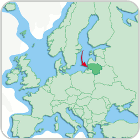 Located in the eastern part of Europe, Lithuanian climate conditions and natural soil productivity are generally favourable for crop production. Consequently, more than 50% of its land area is used for agricultural purposes. Main crops are cereals, vegetables, potatoes and berry plantations. Although the land structure is changing since the past land reform, agricultural production is still dominated by the small semi-subsistence farms.
Located in the eastern part of Europe, Lithuanian climate conditions and natural soil productivity are generally favourable for crop production. Consequently, more than 50% of its land area is used for agricultural purposes. Main crops are cereals, vegetables, potatoes and berry plantations. Although the land structure is changing since the past land reform, agricultural production is still dominated by the small semi-subsistence farms.
Although, plant breeding activities in Lithuania have traditions for more than 80 years, some particular circumstances have limited their development. Indeed, after gaining independence in 1991, Lithuania has experienced dramatic political, social and economic changes (economic recession, hyperinflation and high unemployment). Only in 2002 the economy started to recover – domestic consumption started to increase, and unemployment decreased. Nowadays the main agricultural research is carried out in 2 universities and 2 state institutes. Lithuania has a strong plant breeding scientific school with high level breeders. The Plant Gene Bank with coordination centres of plant groups was established 2004.
Main crops included in the national breeding programmes in Lithuania are fruits and vegetables, cereals and forages (grasses), which are closely related to the whole structure of crop production in Lithuania. Breeding of crops is highly oriented to grower demands: breeding for resistance to abiotic or biotic stress, breeding for quality and for response to favourable environments.
The lack of financial resources to carry out field and laboratory experiments and the inadequate availability of laboratory infrastructure to carry out experiments using advanced plant breeding techniques are the main limiting aspects for the success of the crop breeding programmes.
Research and education institutes with activities in plant breeding
Public Institute
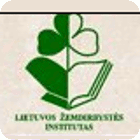 |
Lithuanian Institute of Agriculture
|
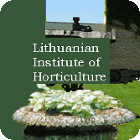 |
Lithuanian Institute of Horticulture
|
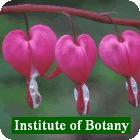 |
Institute of Botany
|
Private Institutes
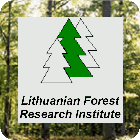 |
Lithuanian Forest Research Institute
|
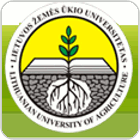 |
Lithuanian University of Agriculture (LUA)
|
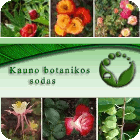 |
Kaunas Botanical Garden of Vytautas Magnus University
|
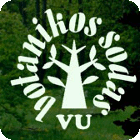 |
Botanic Garden of Vilnius University
|
______________________________________
Information by Zita Duchovskiene (2008) - Information based on the Lithuania's full report from the PBBC survey. Last revised 15-03-2010, GIPB.
